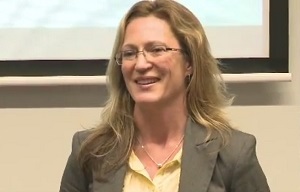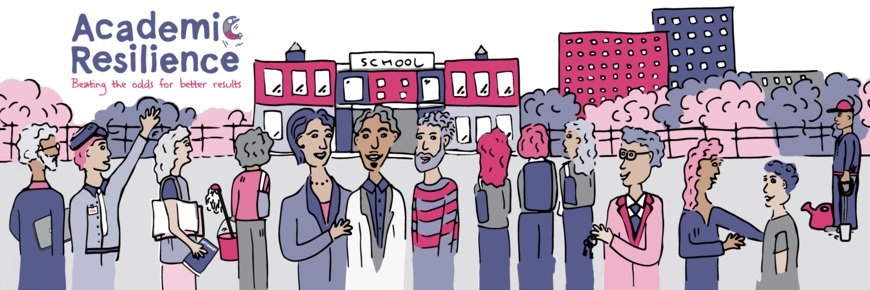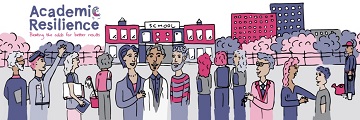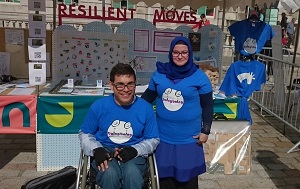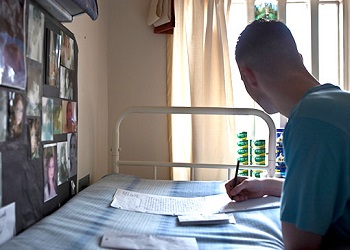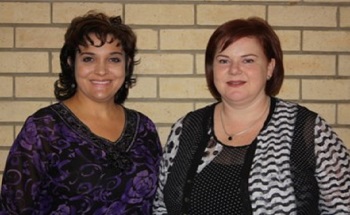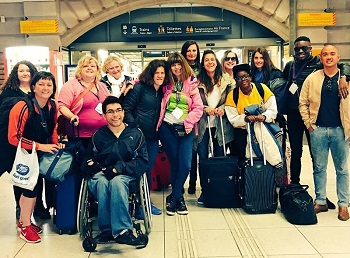 [email protected]
[email protected]
Steph, one of our PhD students, along with colleagues Graham (head teacher), and Jerry and Charlotte (support workers), are talking about the great work that has been going on at Eleanor Smith special school in Newham. They’ve been implementing a whole school approach to resilience, based on the Resilience Framework.
The whole school approach involved recognising the importance and positive impact of relationships and significant others in pupils’ lives – site supervisors, teachers, cooks, sports coaches and senior leaders alike. The participatory approach taken was used with staff and pupils to actively investigate what mechanisms support, or act as barriers to, developing resilience in a special needs school.
Recently, a crack team of Boingboingers answered a call from our fearless founder, Angie Hart. Our mission, which we accepted, was to promote Boingboing’s resilience tools at the Utopia Fair 2016 by staffing our own Resilience Tools stall. The tools have all been co-produced with young people facing additional barriers to resilience as part of the Designing Resilience Project.
Dr Hayley Walker-Williams and Professor Anise Fouché from the North West University, Vanderbijlpark, South Africa, presented the Survivor to Thriver strengths-based group intervention promoting resilience & enabling posttraumatic growth in women who experienced childhood sexual abuse in South Africa.
Sam Hart, Director of Sussex Prisoners’ Families, reports on a recent research trip to the States, in which she investigated what it means to be ‘trauma-informed.’ She hopes to show how a ‘trauma-informed’ approach can complement a resilience-building approach when working with children, young people and families who have experienced adversity, using examples from families involved with the criminal justice system.
The S2T advocates a balanced approach and draws on an eclectic mix of traditional pathogenic and salutogenic theories. It aims at re-authoring trauma narratives in a safe healing group context, where there is reflection on individual strengths and capacities borne from the struggle to cope with childhood trauma.
So there I was: slightly disoriented, a little sweaty, surrounded by thousands of other young people. All of us were listening to a performance of Lukas Graham’s ‘7 Years’. I know what you’re thinking, and the answer is no. I wasn’t at a concert or in a stuffy nightclub somewhere in London. Instead, I was in Strasbourg, France, enjoying the opening ceremony of the European Youth Event (EYE) 2016.
One of the activities within HeadStart Newham is ‘Bounce Back Newham’, a resilience behaviour change workbook and online resource based on the principles of the resilience framework. Working with the Young Foundation and young people across the borough we have developed ‘Bounce Back Newham’ as a resource which can be delivered in schools or accessed independently by young people.
